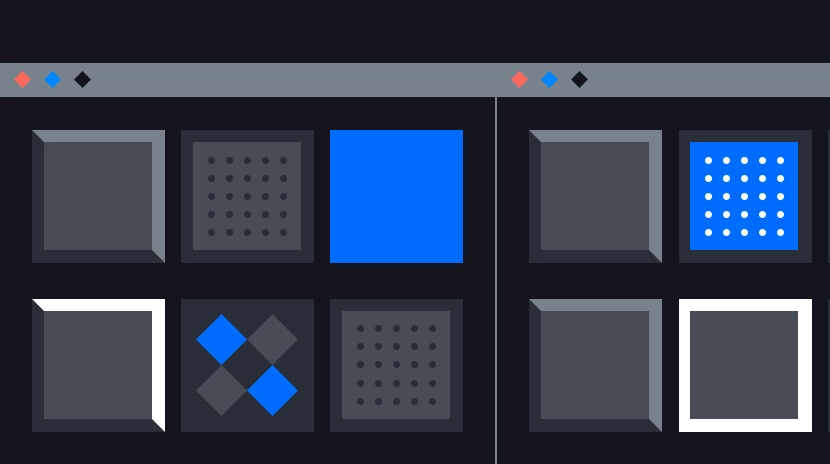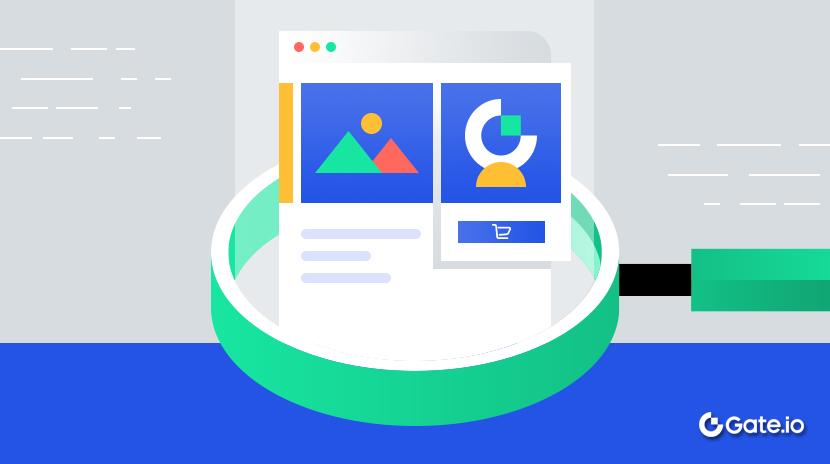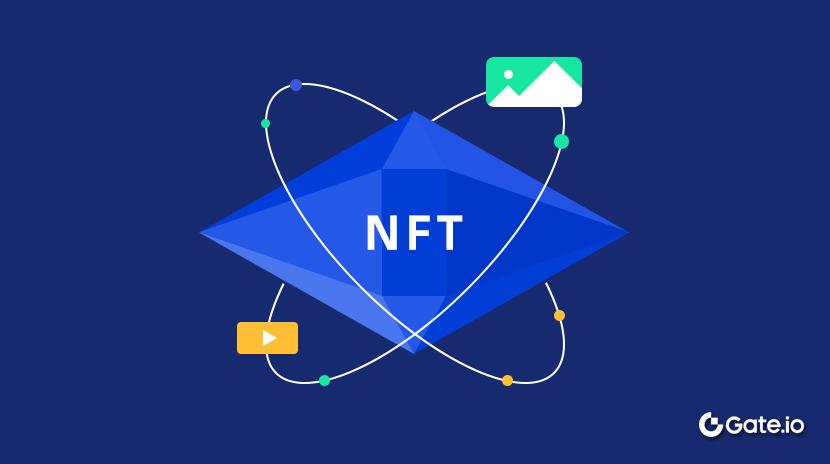What Is NFT

Non-Fungible Tokens (NFTs) are digital assets created on blockchain technology, each with unique identification codes and metadata that make them non-interchangeable or substitutable. Unlike fungible tokens such as Bitcoin, NFTs can represent ownership of digital art, music, videos, in-game items, or even real-world assets. NFTs enable digital scarcity and ownership verification through blockchain technology, offering creators a new way to create and monetize value.
NFTs first gained attention in 2017 but didn't truly enter the mainstream until 2021, when digital artist Beeple sold his work "Everydays: The First 5000 Days" for $69.3 million at Christie's auction house. This milestone marked the explosion of the NFT market, subsequently attracting widespread participation from artists, celebrities, brands, and investors. NFTs operate on blockchains that support smart contracts, such as Ethereum, Solana, and Flow, typically following standards like ERC-721 or ERC-1155, which define the basic properties and interaction methods of NFTs.
The market impact of NFTs has extended beyond the cryptocurrency community, gradually penetrating mainstream art, entertainment, and business sectors. They provide creators with a direct monetization path that bypasses traditional intermediaries, while allowing fans and collectors to support their favorite creators and obtain unique digital assets. Additionally, some brands and enterprises have begun exploring the use of NFTs for membership services, marketing campaigns, and user engagement, offering consumers unique experiences and benefits.
However, NFTs also face various risks and challenges. Market volatility is extreme, with many NFTs potentially experiencing dramatic price fluctuations in the short term. Environmental concerns are also a focus, as proof-of-work blockchains (like Ethereum 1.0) consume significant energy. Furthermore, intellectual property disputes, fraudulent activities, and regulatory uncertainties pose challenges to the NFT market. Creators may face unauthorized works being minted as NFTs, while buyers need to carefully evaluate the true value and long-term holding value of NFTs.
Looking to the future, NFT technology is evolving in multiple directions. On one hand, more efficient blockchain solutions (such as Ethereum 2.0) promise to reduce environmental impact. On the other hand, the utility of NFTs is expanding, transitioning from pure collectibles to digital assets with practical functions, such as membership access to specific communities, ownership of in-game assets, or digital identity and property in the metaverse. As the Web3 ecosystem develops, NFTs may become the bridge connecting physical and digital world assets, offering new paradigms for ownership, authentication, and value transfer.
Non-Fungible Tokens represent a significant innovation in digital ownership, enabling true scarcity and provable ownership of digital assets through blockchain technology, opening new methods of value exchange for creators and collectors. Although the NFT market is still in its early stages and faces numerous challenges, its potential far exceeds current applications and may become an important component of future digital economic infrastructure, redefining our understanding of digital assets, creator economies, and ownership.
Share
Related Articles

Top 10 NFT Data Platforms Overview

7 Analysis Tools for Understanding NFTs
